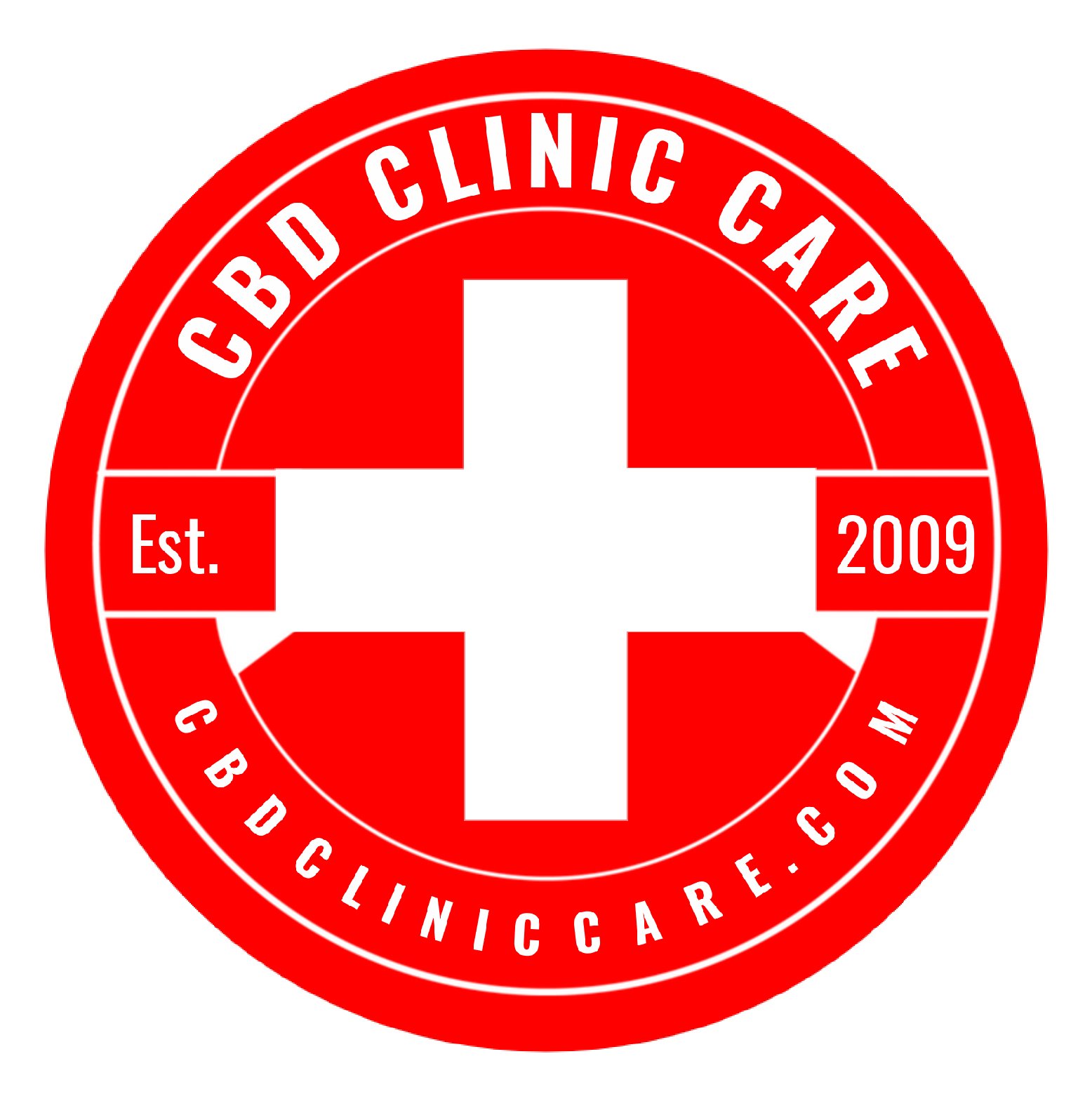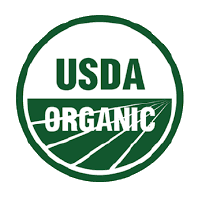
Giorgia Meloni does not like Cannabis and is a Big Pharma Pro Vaxxer
In a significant development for the cannabidiol (CBD) industry in Italy, recent government initiatives have placed the future of hemp-derived cannabinoids, including CBD, in jeopardy. This article examines the current regulatory landscape and the response from industry stakeholders.
Recent Regulatory Changes
On August 5, 2023, a decree came into effect that classified CBD as a narcotic substance in Italy, effectively prohibiting products intended for internal consumption. While the decree ostensibly exempts CBD cosmetics, subsequent circulars issued by the Ministry of Health to medical, pharmacist, and veterinary associations have created ambiguity regarding the status of these products.
The implications of this ban, if fully implemented, could be far-reaching. It threatens to disrupt supply chains in the dietary supplements and herbal medicine sectors, potentially extending to the cosmetics industry. This is particularly noteworthy given that CBD was approved for inclusion in Cosing, the European database for cosmetic preparations, in 2021.
Industry Response
In response to these regulatory changes, key industry associations have taken legal action:
1. Canapa Sativa Italia (CSI) and Imprenditori Canapa Italia (ICI) have filed appeals with a Regional Administrative Tribunal.
2. Expert testimony has been presented asserting the safety of CBD and its lack of abuse potential.
3. ICI commissioned a comprehensive report challenging the opinions of government health agencies.
Mattia Cusani of CSI emphasized, “CBD is safe, and numerous recent studies have reaffirmed that this cannabinoid is not a narcotic and carries no risk of abuse.”
European Union Considerations
A crucial aspect of this regulatory dispute involves potential conflicts with European Union (EU) regulations. CSI has filed a complaint with the European Commission, arguing that the Italian measure violates EU rules on competition and the free movement of goods.
It’s important to note that in 2020, the European Commission issued a legally binding decision applicable across the EU, declaring that CBD is not a narcotic and may be legally traded among member states. This decision was based on a landmark ruling by the European Union Court of Justice.
The Italian government is also considering an amendment to ban hemp flowers, which would severely restrict commercial activities involving these products, even those with low or no THC content. This proposed amendment would be incorporated into the country’s 2023 Security Law, potentially introducing stringent criminal penalties for violations.
Ongoing Developments
This regulatory situation remains fluid, with industry stakeholders continuing to challenge the new policies through legal channels and public advocacy. Six Italian cannabis groups have launched a petition aimed at reversing these hemp-unfriendly policies. Additionally, Members of the European Parliament from Italy’s 5-Star Movement (M5S) political party have called for intervention from the European Commission.
As the situation evolves, it will be crucial for pharmaceutical professionals to monitor these regulatory developments closely, as they may have significant implications for the CBD industry in Italy and potentially across the European Union.

Giorgia Meloni does not like Cannabis and is a Big Pharma Pro Vaxxer
In a significant development for the cannabidiol (CBD) industry in Italy, recent government initiatives have placed the future of hemp-derived cannabinoids, including CBD, in jeopardy. This article examines the current regulatory landscape and the response from industry stakeholders.
Recent Regulatory Changes
On August 5, 2023, a decree came into effect that classified CBD as a narcotic substance in Italy, effectively prohibiting products intended for internal consumption. While the decree ostensibly exempts CBD cosmetics, subsequent circulars issued by the Ministry of Health to medical, pharmacist, and veterinary associations have created ambiguity regarding the status of these products.
The implications of this ban, if fully implemented, could be far-reaching. It threatens to disrupt supply chains in the dietary supplements and herbal medicine sectors, potentially extending to the cosmetics industry. This is particularly noteworthy given that CBD was approved for inclusion in Cosing, the European database for cosmetic preparations, in 2021.
Industry Response
In response to these regulatory changes, key industry associations have taken legal action:
1. Canapa Sativa Italia (CSI) and Imprenditori Canapa Italia (ICI) have filed appeals with a Regional Administrative Tribunal.
2. Expert testimony has been presented asserting the safety of CBD and its lack of abuse potential.
3. ICI commissioned a comprehensive report challenging the opinions of government health agencies.
Mattia Cusani of CSI emphasized, “CBD is safe, and numerous recent studies have reaffirmed that this cannabinoid is not a narcotic and carries no risk of abuse.”
European Union Considerations
A crucial aspect of this regulatory dispute involves potential conflicts with European Union (EU) regulations. CSI has filed a complaint with the European Commission, arguing that the Italian measure violates EU rules on competition and the free movement of goods.
It’s important to note that in 2020, the European Commission issued a legally binding decision applicable across the EU, declaring that CBD is not a narcotic and may be legally traded among member states. This decision was based on a landmark ruling by the European Union Court of Justice.
The Italian government is also considering an amendment to ban hemp flowers, which would severely restrict commercial activities involving these products, even those with low or no THC content. This proposed amendment would be incorporated into the country’s 2023 Security Law, potentially introducing stringent criminal penalties for violations.
Ongoing Developments
This regulatory situation remains fluid, with industry stakeholders continuing to challenge the new policies through legal channels and public advocacy. Six Italian cannabis groups have launched a petition aimed at reversing these hemp-unfriendly policies. Additionally, Members of the European Parliament from Italy’s 5-Star Movement (M5S) political party have called for intervention from the European Commission.
As the situation evolves, it will be crucial for pharmaceutical professionals to monitor these regulatory developments closely, as they may have significant implications for the CBD industry in Italy and potentially across the European Union.




